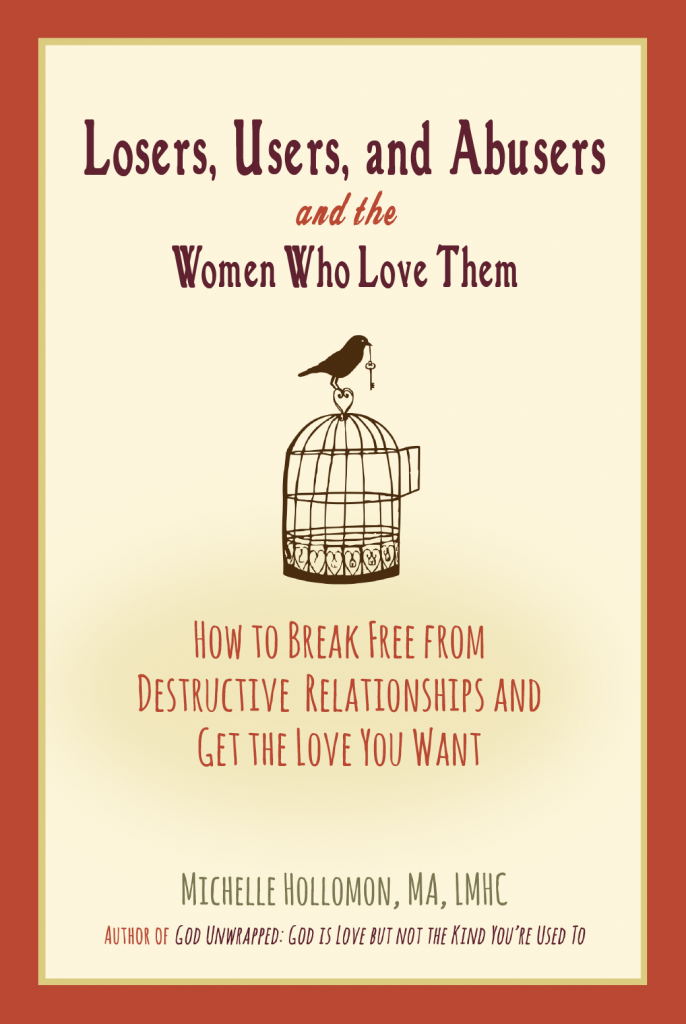If you opened this, then you are probably interested in how this drama is going to play out over the next few weeks. I realize this could be construed as a political post, and I’d like to assert, that it’s not. I have a very specific response to Thursday’s hearings, and it’s not a political one, but an observation that will help you in your relationships.

My response to Thursday’s hearings is an observation of two people- two people I will likely never meet, or know or having any opinion of beyond how they presented themselves on Thursday during the hearings. We had a very brief glimpse into the life of both Christine Blasey- Ford and Brett Kavanaugh, and saw how they conduct themselves under pressure and questioning. But each came to the hearings with very different demeanors. That is what was of interest to me.
Since I meet with people for a living, listen to their stories and try to help them move forward, I practice the art of listening, watching, and understanding. For hours at a time, every day, for years.
So, during Ford and Kavanaugh’s testimonies, I watched, listened and tried to understand what they were truly saying. I took in not only the words, but also the tone, the body language, and the facial expressions. Nonverbal communication tells you just as much, if not more than the spoken word.
Here’s my run down.
One, Christine Blasey-Ford came with composure, a vulnerability, a willingness to follow procedure, and quiet strength. Her voice was timid at first, but seemed to grow in confidence as she went on. Attentive, confident, and patient. She stayed on point, and submitted to the process.
The other, Brett Kavanaugh came with anger, volume, twisted facial muscles, and disrespect for the time and structure of the process. Interruptions, impatience, and blame. Angry, rude, and combative. He was unwilling to submit fully to the process, but attempted to control it with retorts, sarcasm, tears, and shouting.
I was convinced MORE of Kavanaugh’s guilt AFTER he testified. His demeanor sent up too many red character flags.
How we respond to an accusation tells a lot about our own character. We show our true selves when faced with our failures, our shortcomings, our weaknesses and yes, even our guilt. I don’t have any idea what truly happened 35 years ago in their lives, I only know what these two witnesses conveyed for me. We don’t often have video screens playing of people’s lives to corroborate the stories they tell about themselves. We often have to make judgments and decisions about who we trust, who we work with, and who we marry without the luxury of character witnesses, surveillance cameras and lie detectors.
So we rely on what people say, how they act, and how congruent those two things are. Why did Kavanaugh send up red flags for me? Because what he was saying (I’m innocent) and how he was acting (I’m combative.) Those two things were incongruent for me. They didn’t jive. I chalk the incongruence up to one thing: PRAT
Personal Responsibility Avoidance Tactics
Personal Responsibility Avoidance Tactics often show up in marriages and families and work places. They are not isolated to Republicans or men or Right Wing Evangelists or Left Wing Liberals or long time tv stars. They are tactics used everywhere by all kinds of people who don’t want to be held accountable for their actions. They are defense mechanisms against shame. If you’ve ever been in an argument with someone who uses PRAT (Personal Responsibility Avoidance Tactics) it’s enough to make you bonkers. PRATs are used to convince you that “there’s nothing to see here,” and “you’re the one with the problem, not me,” and “if you keep pressing me, I’ll make it worse for you.”
Common Tactics to get out of Responsibility
- claim to be the victim,
- evoke sympathy by crying,
- change the subject,
- shout louder,
- interrupt,
- list all the good things you’ve done,
- counter attack with new complaint,
- make stuff up,
- give the silent treatment,
- misrepresent what others are saying.
Trying to have a conversation or worse, disagreement with someone who avoids personal responsibility is exhausting and crazy making.
You and I have nominal power over how these hearings play out. But we do have power over how we respond, and what behavior we tolerate in our own lives. No matter what this Senate Judiciary Committee decides, the real questions are with all of us: do we use these tactics to avoid personal responsibility? And do we tolerate the behavior of those who do?
Want more information? I’ve written a book just for you! Check it out here to have more clarity and confidence in your relationships. You can get the clarity you need to have the strong relationships you want.

Click here for more information on how to have healthy relationships.



 Need additional help? If you’re in the Seattle area, there is a great workshop I’d like you to know about. The name of this two day conference is “Is Childhood Trauma Intruding into Your Relationships?” Discover the Fullness of Joy You Are Create to Experience with keynote speakers, Dr. Bill & Pamela Ronzheimer, Marriage Reconstruction Ministries. I’ll be there too! Click
Need additional help? If you’re in the Seattle area, there is a great workshop I’d like you to know about. The name of this two day conference is “Is Childhood Trauma Intruding into Your Relationships?” Discover the Fullness of Joy You Are Create to Experience with keynote speakers, Dr. Bill & Pamela Ronzheimer, Marriage Reconstruction Ministries. I’ll be there too! Click 






